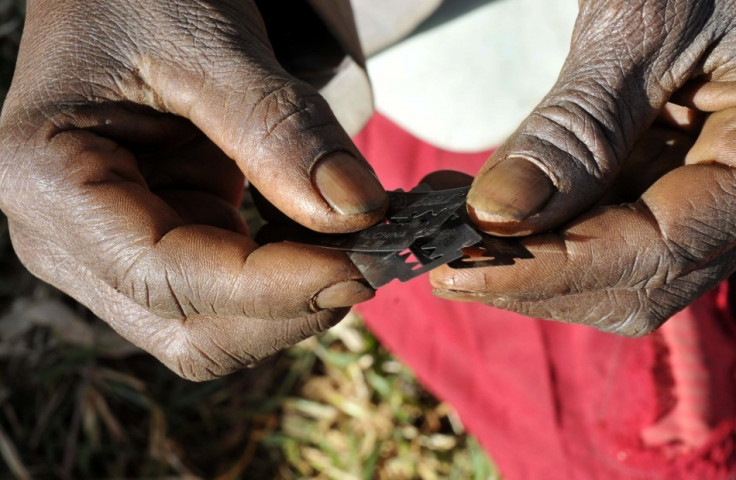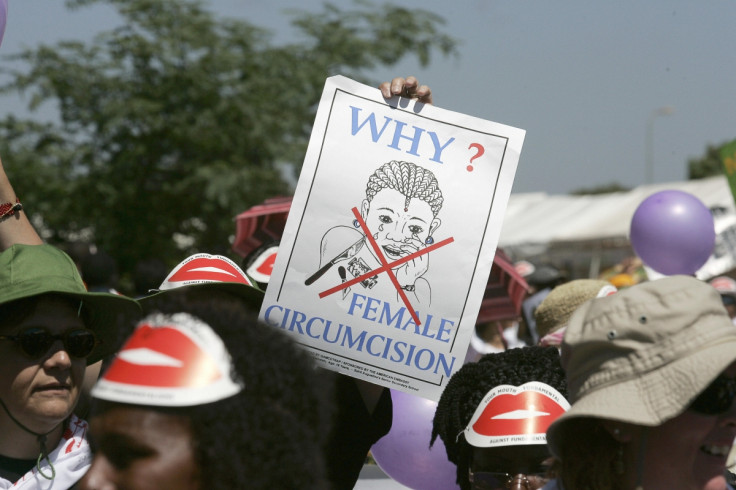FGM: Female genital mutilation is not a social norm but based on individual values

Female genital mutilation (FGM) does not take place because it is a social norm where families are locked into cycle of cutting, but instead are based on individual values and beliefs, a study has found. Scientists say their results question the basis of current interventions – but eventually could lead to more effective measures.
At present, it is estimated there are 125m girls and women who are cut despite the huge health dangers it poses. Many current interventions involve getting communities and families to publicly declare they are abandoning the practice, but the latest findings question how useful this is.
The team from the University of Zurich questioned 2,260 randomly selected households across 45 different communities in Sudan. They looked for two measurements – actual cutting rates at the community level, and the attitudes towards FGM using tests that help reveal values people may not want to explicitly state.
Publishing their findings in the journal Science, the team found many families who did not partake in FGM lived with families that did, and that they would not refuse marriage with other families based on cutting practices. Those who did carry out FGM had a wide variety of reasons for doing so – examples included religious beliefs or signs of sexual fidelity.

Study author Charles Efferson told IBTimes UK they had looked to test the idea of social co-ordination (where families do it because not doing so would alienate them from the community) as it is the prevailing framework for interpreting FGM. "It was a very nice framework and it also implies an important approach to intervention," he said. "Why you're trapped at a harmful equilibrium is because no single family on its own can afford to deviate.
"So what you have to do if you want to reverse the direction is you have to engineer a collective deviation where all these families all at once are agreeing to abandon the practice. It's a public declaration of abandonment. The study very much calls into question the idea that there are these forces within the society that you can activate to favour abandonment. The traditional idea that it's a social norm, the local society gets locked into the cutting norm to the extent that they don't realise the potential to abandon the practice."
Because they found families were mixed up, even if there was some co-ordination going on, the tremendous individual heterogeneity complicates the idea of a using a public declaration against the practice. While the researchers did not test interventions, they said the findings could provide a new insight into reasons behind FGM to better develop frameworks to put an end to it.
Sonja Vogt, one of the study's lead authors, said: "Because there's so much individual heterogeneity, public declarations run the risk of simply collecting the families already inclined to abandon cutting. A declaration could then have little or no effect on the remaining families in a community because these families value cutting for reasons unrelated to co-ordination."
© Copyright IBTimes 2025. All rights reserved.






















